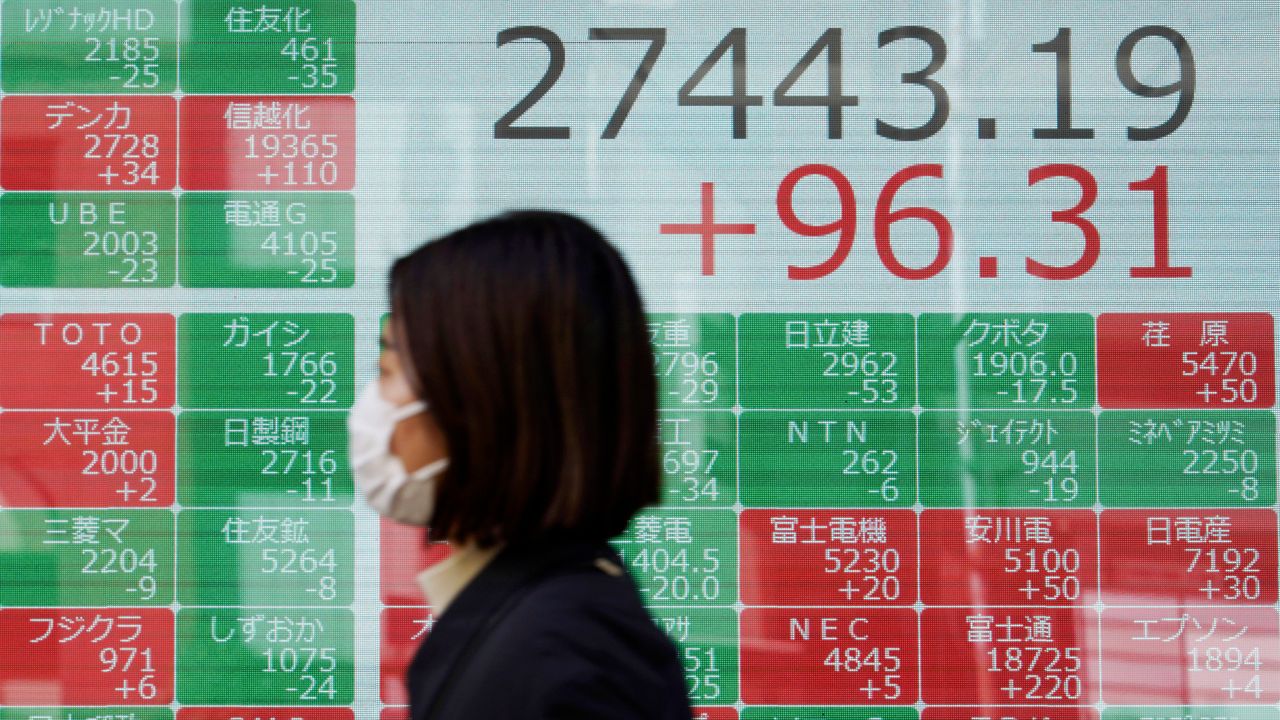The growing likelihood of a US recession and a pause in the Federal Reserve’s rate hikes is reshaping the global landscape, and prompting Asia’s stock pickers to recalibrate their bets.
Value is seen in consumer discretionary and tech services shares, with investors likely to gravitate toward markets that rely on local or regional demand. On the other hand, financial stocks, along with equities in South Korea and Taiwan, are seen by strategists as the most susceptible to a US downturn.
Money managers are on the hunt for the next big trade after spending most of the year scooping up technology, chip and selected Chinese shares. The outlook for the dollar and China’s economy are among the biggest wild cards as Asian equities look to recover from their biggest annual drop in over a decade.
“The overall economic trends of US deceleration, China acceleration and the Asian domestic demand story” are in place, said Tai Hui, chief Asia market strategist at JPMorgan Asset Management. “If there’s any risk aversion, it’s not translating into a stronger dollar and that helps Asian and emerging market assets.”
South Korean and Taiwanese equities are at risk of falling behind after outperforming most of their Asian peers so far this year. That’s because the US — the biggest market for their heavyweights Taiwan Semiconductor Manufacturing Co. and Samsung Electronics Co. — is facing slowing growth, a banking turmoil and a debt-ceiling standoff. That’s even as tech shares stand to benefit from lower interest rates.
Taiwan and the information technology sector are more sensitive to US financial conditions and economic growth than most other parts of Asia Pacific excluding Japan, according to Goldman Sachs Group Inc.
Exporters linked to the auto, smartphone and television supply chain are looking vulnerable, said Herald van der Linde, head of Asia-Pacific equity strategy at HSBC Holdings Plc. “We think there’s a rotation out of Korea and Taiwan going into India,” he said.
Global funds have bought a net about $2.5 billion of Indian shares this quarter while offloading roughly the same amount of Taiwan stocks, according to data compiled by Bloomberg. India’s stock benchmark is up more than 4% during the period, beating all major Asian peers, and its economy is forecast to grow almost 7% in the fiscal year 2023.










